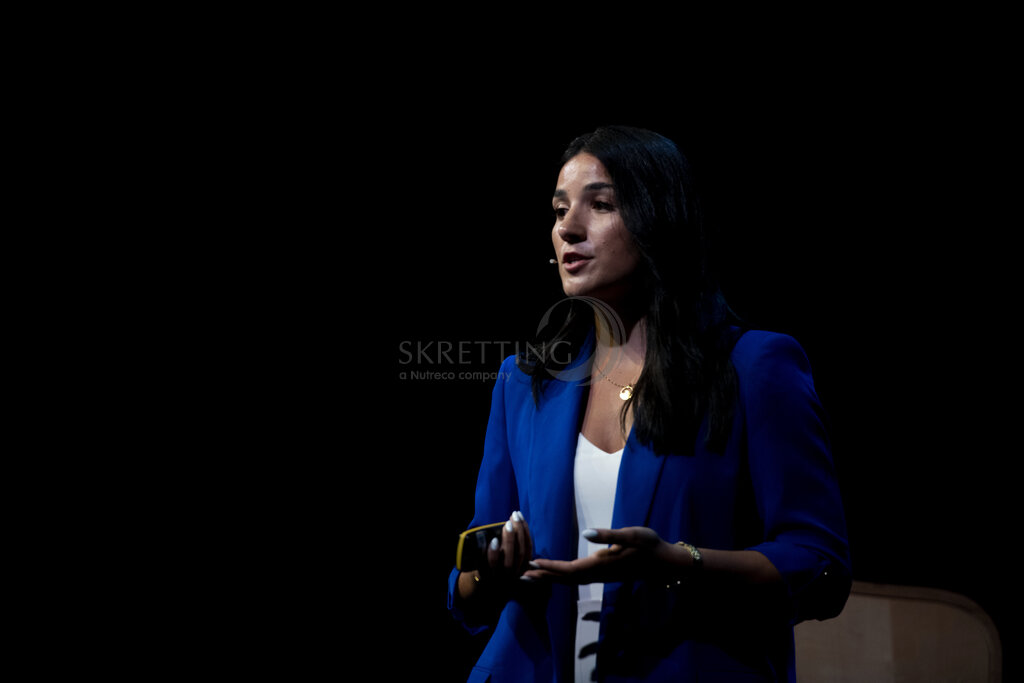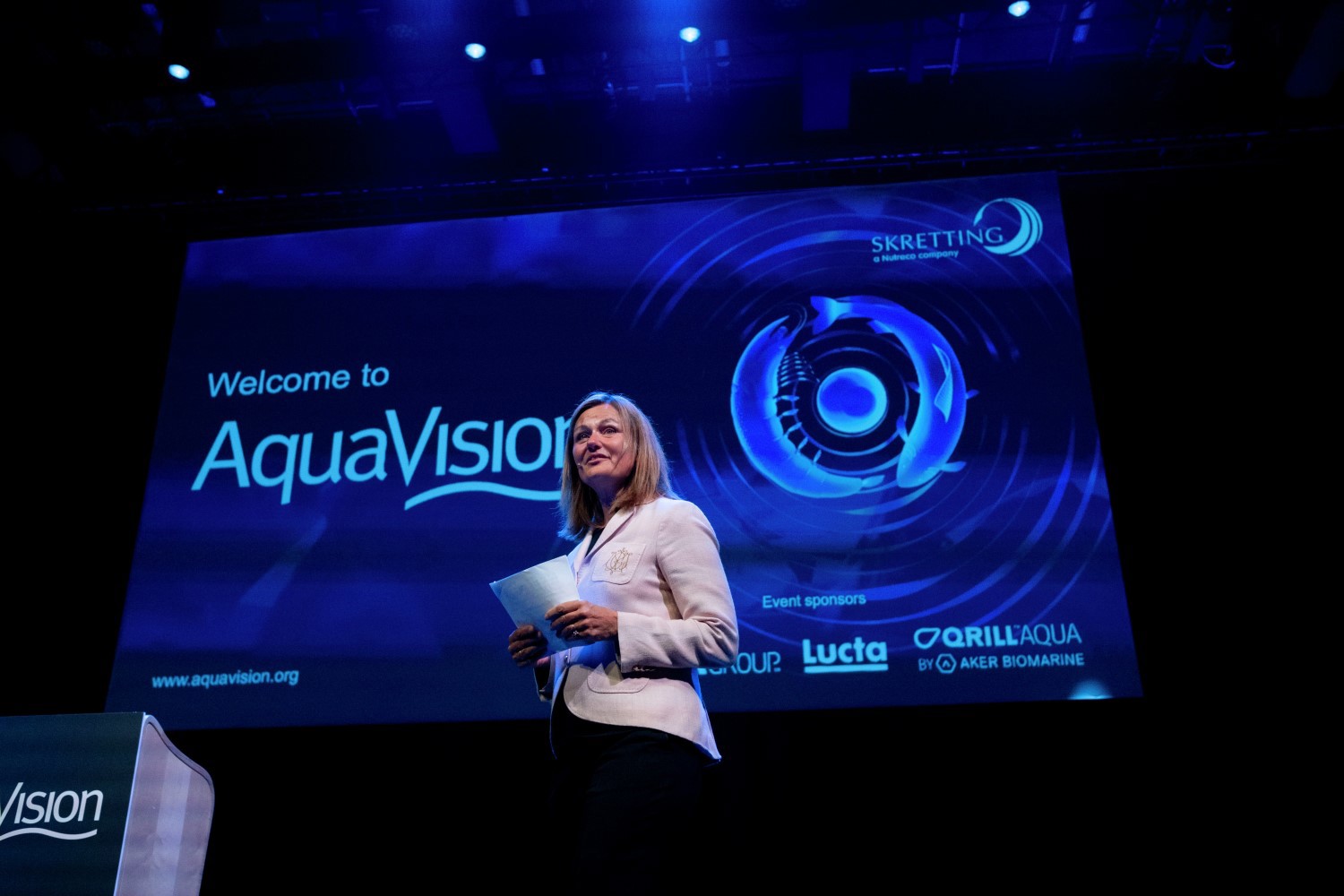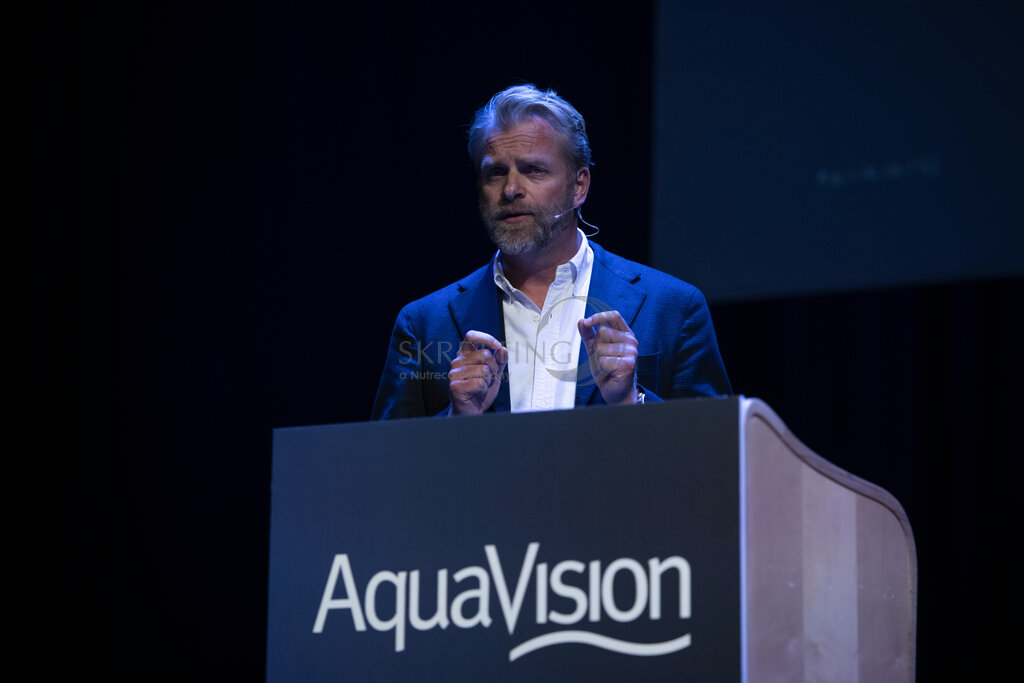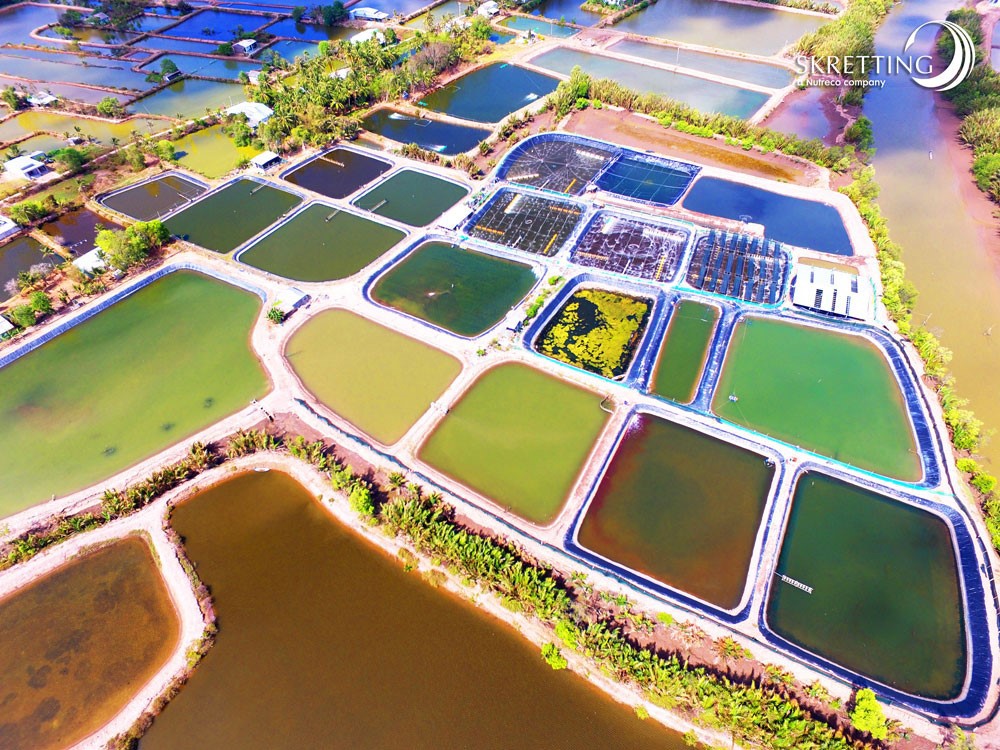While sustainable seafood has much to offer people in terms of healthy and affordable food, and despite the introduction of many successful endeavours in recent times, the industry is still largely failing to properly connect with many consumer groups, heard AquaVision 2022.
Sharing the story: Sustainable seafood DOES exist

The overriding problem is that the seafood world hasn’t done a good job of communicating its stories thus far, explained Sustainable Seafood Educator Emily De Sousa.
Insisting that “sustainable seafood does exist” and pointing to a lot of “recent landmark research” that supports this understanding, including the Future of the Food from the Sea paper, the Blue Food Assessment and the EAT-Lancet Commission report, De Sousa told conference delegates that a great deal of misunderstanding continues to surround the seafood category.
“Despite this research, there are still organisations and people saying that sustainable seafood doesn’t exist. There’s also confusion about whether or not it does exist amongst general consumers, and with many unable to decide what’s fact and what’s fiction, we often hear that it’s easier not to eat it.”
A lot of the misunderstanding relates to the nature of seafood production, she offered. “It’s not very easy for consumers to go out and see how seafood is produced. As such, there’s a lot of uncertainty and a lack of trust. They are reliant on the media and what they read online for knowledge on seafood, and predominantly this narrative that sustainable seafood doesn’t exist is being driven by NGOs, activists and conservation organisations.”
Nevertheless, the seafood industry has a lot of great stories to tell, insisted De Sousa.
“I really can’t hide my excitement about aquaculture and the stories in this space, because there’s so much interesting stuff happening and it’s great that we are talking about it here (at AquaVision). But if we really want to transform global food systems, and if we want sustainable seafood to be at the forefront, then we need to take these conversations outside of this room.
“So far, we haven’t done a good job, but it’s not too late. We are at a fork in the road where we have an opportunity to put sustainable seafood at the forefront of the conversation. This is because we are experiencing a once in a generation shift where we are seeing people actively changing their diets to lower impact foods. People today are more concerned about the environmental impact of their food choices than ever before.”
Currently though, many consumers are going from one extreme to the other – straight to vegan and vegetarian – because they don’t know there is an optimum health providing middle option that includes wild and farmed seafood.
If we really want to transform global food systems, and if we want sustainable seafood to be at the forefront, then we need to take these conversations outside of this room.
De Sousa reckons seafood should be “a clear winner” as a food category because it has a very low environmental impact while having a very high nutritional value, which most plant-based options cannot match. This, she told AquaVision, makes seafood the perfect protein for millennials and gen-z demographics who are also best-placed to the sustainable seafood movement.
“Young people are making their purchasing decisions based on values. It’s no longer enough to have the highest quality, most affordable product on the market; if your brand or your company’s values don’t align with those of young people, they are not going to buy it. They need this connection.”
At the same time, the general consumer preference for wild or farmed seafood is declining; instead, they care for sustainable and how it was produced. They also care about ocean issues like climate change, overfishing and plastic pollution, she said.
De Sousa also highlighted the importance of social media as a means of engagement.
“Young people aren’t using Google as a search engine; they are using TikTok, Instagram and Twitter to get their information. And so, if we want to connect with young consumers and share sustainability information, we need to meet them where they’re at.”
To close, she offered five tips for seafood ventures to get started on their social media strategies:
- Be authentic and let your personality shine through in the content
- Be quick (people have short attention spans)
- Be clear in the call to action
- Be fun and flexible
- Share your whys (as in why the information you’re sharing matters)



